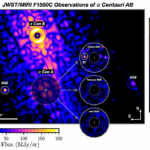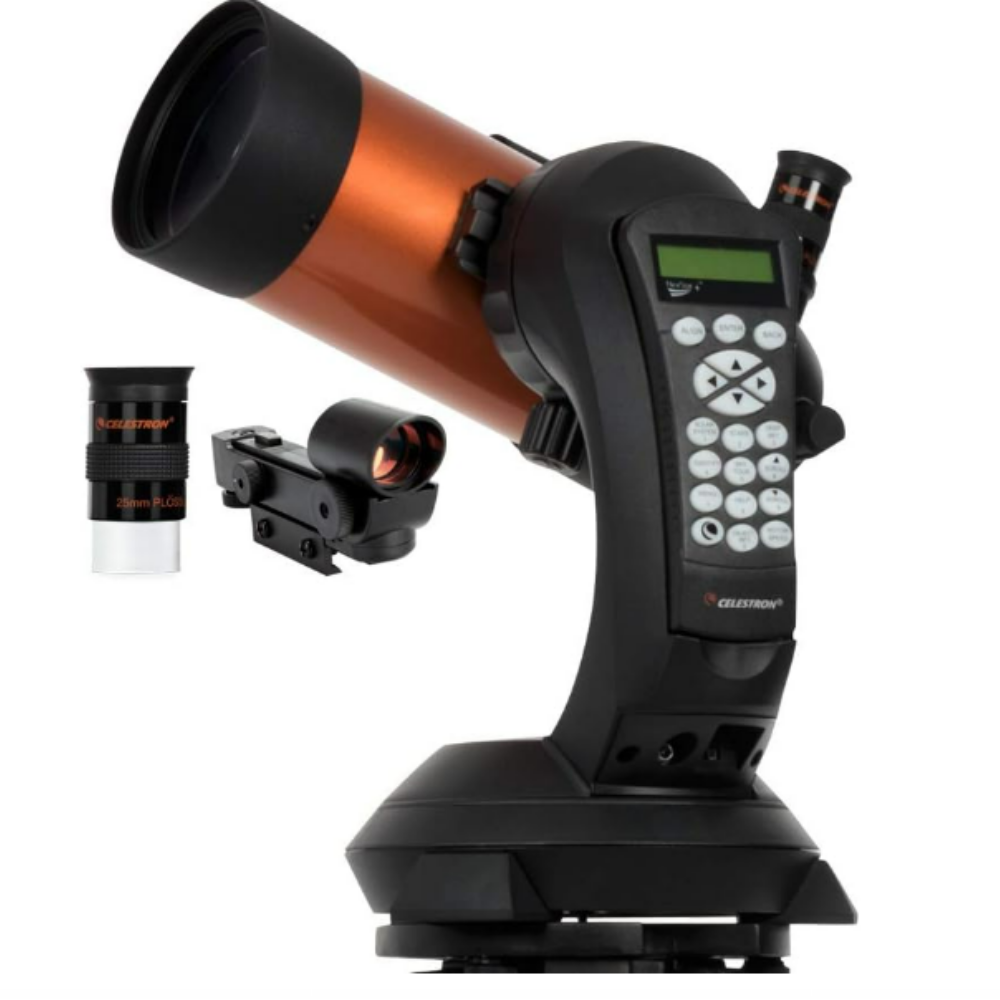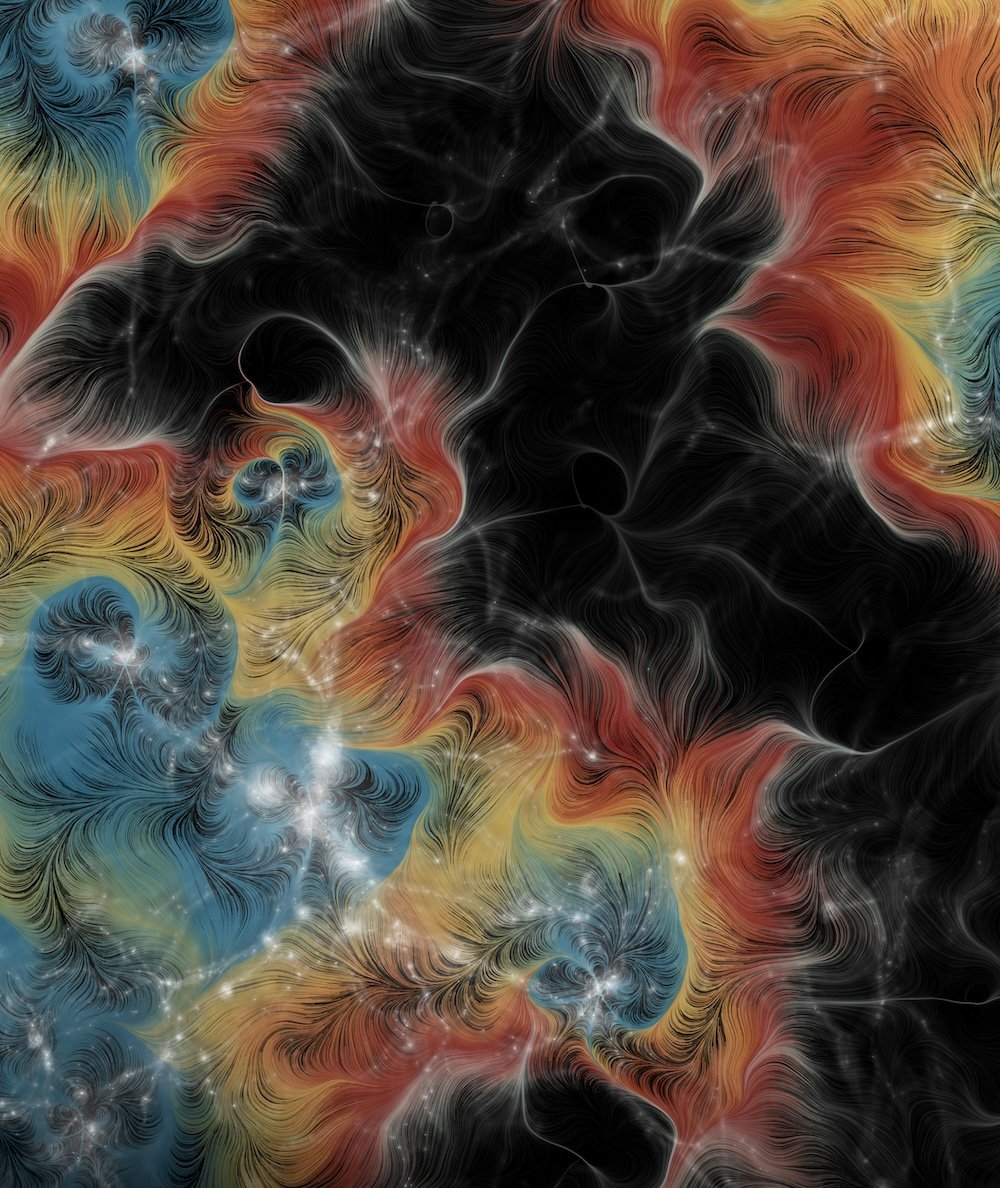Now Reading: Trump officially nominates Space Force Gen. Guetlein to lead ‘Golden Dome’
-
01
Trump officially nominates Space Force Gen. Guetlein to lead ‘Golden Dome’
Trump officially nominates Space Force Gen. Guetlein to lead ‘Golden Dome’

WASHINGTON — President Trump has officially nominated Space Force Gen. Michael Guetlein to serve as “direct reporting program manager for Golden Dome for America,” the Defense Department announced June 18.
The nomination, submitted to the Senate Armed Services Committee, elevates Guetlein from his current role as vice chief of space operations — the Space Force’s second-ranking officer — to lead what Trump has described as one of his administration’s top national security priorities.
Trump first revealed his selection of the four-star general at a White House event on May 20, praising Guetlein’s experience commanding complex programs and integrating space technologies into national defense. Golden Dome, a missile defense system for the United States modeled after Israel’s Iron Dome, would rely heavily on space-based assets, including advanced sensors and interceptors designed to detect, track and neutralize missile threats from adversaries. Trump said he expects it to cost $175 billion.
Guetlein has described Golden Dome as comparable in scale and ambition to the Manhattan Project, the secretive World War II effort to develop the atomic bomb.
He faces the extraordinary challenge of orchestrating collaboration across a sprawling constellation of government agencies, military branches and private industry firms, all while navigating budget constraints, shifting political priorities and the need for rapid innovation against fast-evolving threats.
Congressional skepticism
Despite Golden Dome’s prominence in the administration’s defense agenda, the project has become a source of division on Capitol Hill. Lawmakers from both parties have expressed frustration over the lack of concrete information about what the initiative actually entails.
During recent congressional hearings, senior members of key defense committees openly said they had not been briefed on the project’s specifics, leading to widespread skepticism about approving billions of dollars for a program whose architecture and operational details remain largely undefined.
Beyond budgetary questions, Golden Dome has drawn criticism from defense experts and lawmakers who warn it could destabilize global security. The system’s explicit aim to defend against not just rogue states but also peer adversaries like Russia and China has provoked concerns about triggering a new arms race and accelerating the weaponization of space.
Technical challenges ahead
Even if Congress greenlights early funding, Golden Dome faces steep technological hurdles. Intercepting hypersonic missiles — which travel at more than five times the speed of sound and can maneuver unpredictably — remains an unsolved problem. Tracking such threats from space requires new classes of infrared and radar sensors, and the interceptors themselves must be fast, nimble, and precise beyond anything currently deployed.
The Golden Dome initiative represents far more than a single defensive system. It envisions a vast “system of systems” that would integrate land-, sea-, air- and space-based technologies to protect the entire United States from ballistic missiles, hypersonic weapons and other aerial threats.
The project’s architecture would require deploying hundreds of satellites across multiple orbits, seamlessly integrating real-time data from space sensors into terrestrial and airborne defense networks.
Stay Informed With the Latest & Most Important News
Previous Post
Next Post
-
 01Two Black Holes Observed Circling Each Other for the First Time
01Two Black Holes Observed Circling Each Other for the First Time -
 02From Polymerization-Enabled Folding and Assembly to Chemical Evolution: Key Processes for Emergence of Functional Polymers in the Origin of Life
02From Polymerization-Enabled Folding and Assembly to Chemical Evolution: Key Processes for Emergence of Functional Polymers in the Origin of Life -
 03Thermodynamic Constraints On The Citric Acid Cycle And Related Reactions In Ocean World Interiors
03Thermodynamic Constraints On The Citric Acid Cycle And Related Reactions In Ocean World Interiors -
 04Φsat-2 begins science phase for AI Earth images
04Φsat-2 begins science phase for AI Earth images -
 05Hurricane forecasters are losing 3 key satellites ahead of peak storm season − a meteorologist explains why it matters
05Hurricane forecasters are losing 3 key satellites ahead of peak storm season − a meteorologist explains why it matters -
 06Binary star systems are complex astronomical objects − a new AI approach could pin down their properties quickly
06Binary star systems are complex astronomical objects − a new AI approach could pin down their properties quickly -
 07Worlds Next Door: A Candidate Giant Planet Imaged in the Habitable Zone of α Cen A. I. Observations, Orbital and Physical Properties, and Exozodi Upper Limits
07Worlds Next Door: A Candidate Giant Planet Imaged in the Habitable Zone of α Cen A. I. Observations, Orbital and Physical Properties, and Exozodi Upper Limits




















